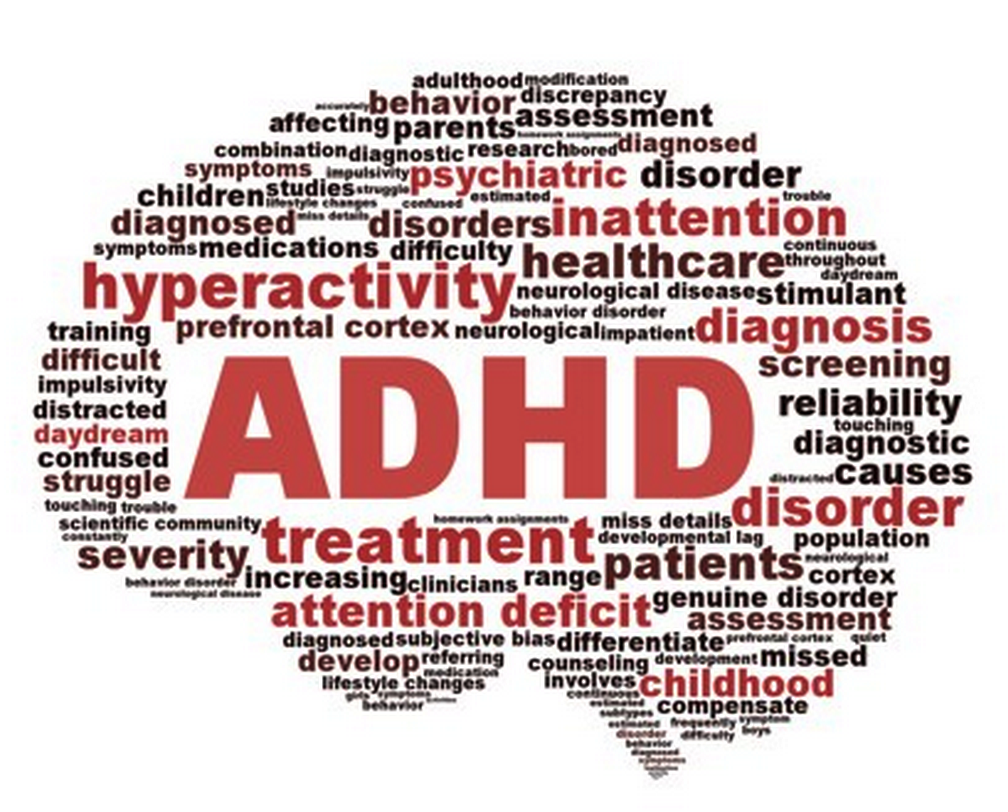Mental Health & COVID-19 | Survivors at increased risk of Psych Disorders

 Some 18.1% of patients who tested positive for COVID-19 in the United States were diagnosed with a psychiatric disorder within 3 months, according to a study published in The Lancet Psychiatry.
Some 18.1% of patients who tested positive for COVID-19 in the United States were diagnosed with a psychiatric disorder within 3 months, according to a study published in The Lancet Psychiatry.
Psychiatric follow-up should be considered for patients who survive COVID-19, researchers advised.
The finding followed an analysis of electronic health record data for 69 million patients from 54 health care organizations throughout the US.
Researchers looked at psychiatric diagnoses for 62,354 patients who were diagnosed with COVID-19 between January 20, 2020, and August 1, 2020, compared with patients diagnosed with 6 other health events, such as influenza, respiratory tract infections, and bone fractures, which served as controls.
Compared with the 6 control events, a COVID-19 diagnosis led to more first diagnoses of a psychiatric disorder. According to the study, the estimated probability of being newly diagnosed with a psychiatric disorder after COVID-19 was 5.8%, and hazard ratios were highest for anxiety disorders, insomnia, and dementia. When researchers factored in relapses among people with a previous psychiatric diagnosis, the estimated probability of a post-COVID-19 psychiatric diagnosis rose to 18.1%.
The estimates are likely to be low, the authors pointed out, since they do not include people not yet diagnosed or who received care from an outside health organization.
Furthermore, diagnoses in the network were down nearly a third during the study period, consistent with reduced patient presentations across the United States during the early months of COVID-19.
Somewhat surprisingly, the study also found that a previous psychiatric diagnosis was independently associated with an increased risk of a COVID-19 diagnosis.
“We did not anticipate that psychiatric history would be an independent risk factor for COVID-19,” researchers wrote. “This finding appears robust, being observed in all age strata and in both sexes, and was substantial—a 1.65 times excess. This result was not related to any specific psychiatric diagnostic category, and was similar regardless of whether the diagnosis was made within 1 or 3 years, and whether or not the known physical risk factors for COVID-19 were present.”  Although researchers interpreted the finding with caution, they suggested several possible explanations for increased COVID-19 risk within the patient population, such as lower adherence to social distancing recommendations, lifestyle factors such as smoking, or even increased inflammation, which may increase virus risk.
Although researchers interpreted the finding with caution, they suggested several possible explanations for increased COVID-19 risk within the patient population, such as lower adherence to social distancing recommendations, lifestyle factors such as smoking, or even increased inflammation, which may increase virus risk.
“Although preliminary, our findings have implications for clinical services,” researchers concluded, “and prospective cohort studies are warranted.”
Source:


